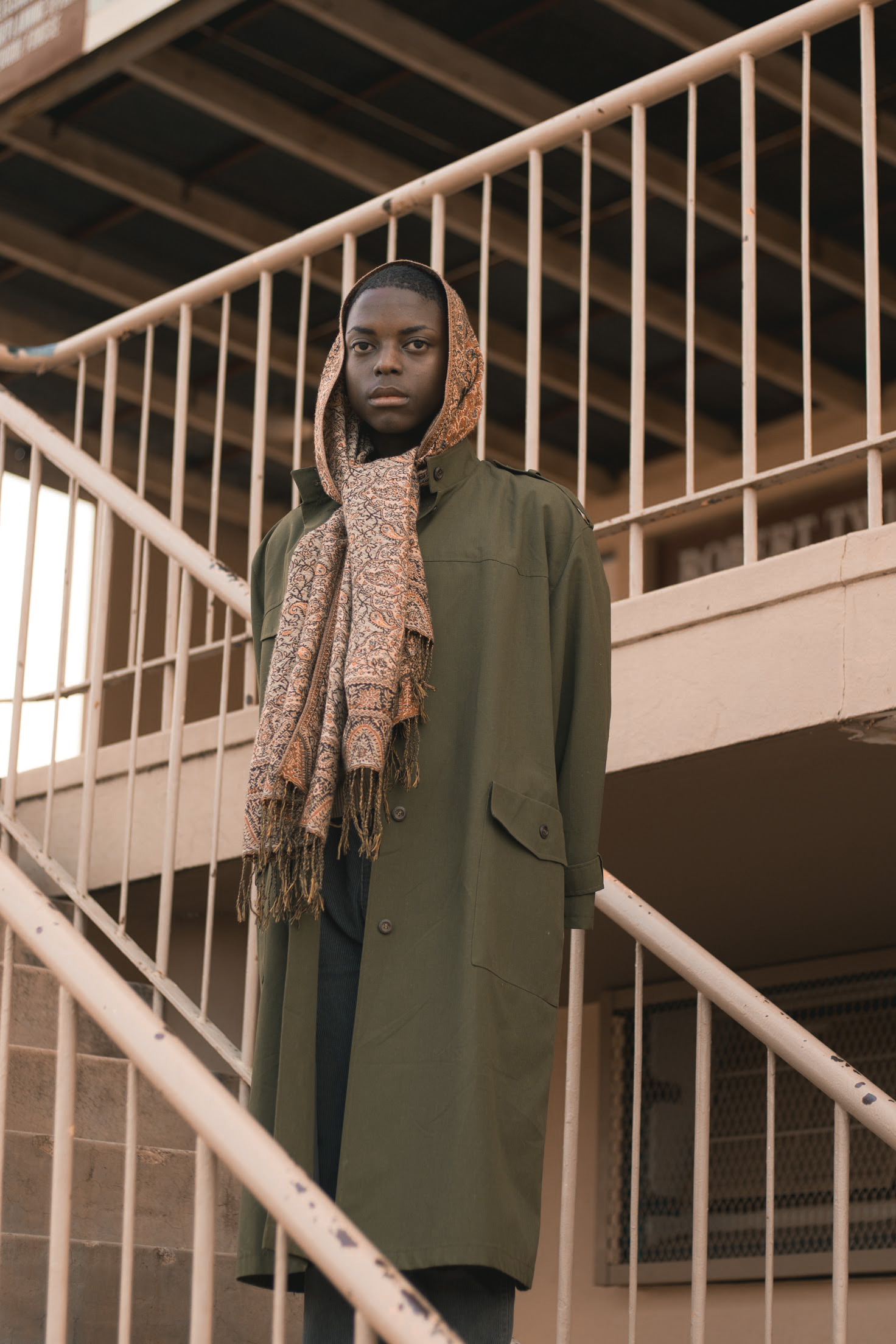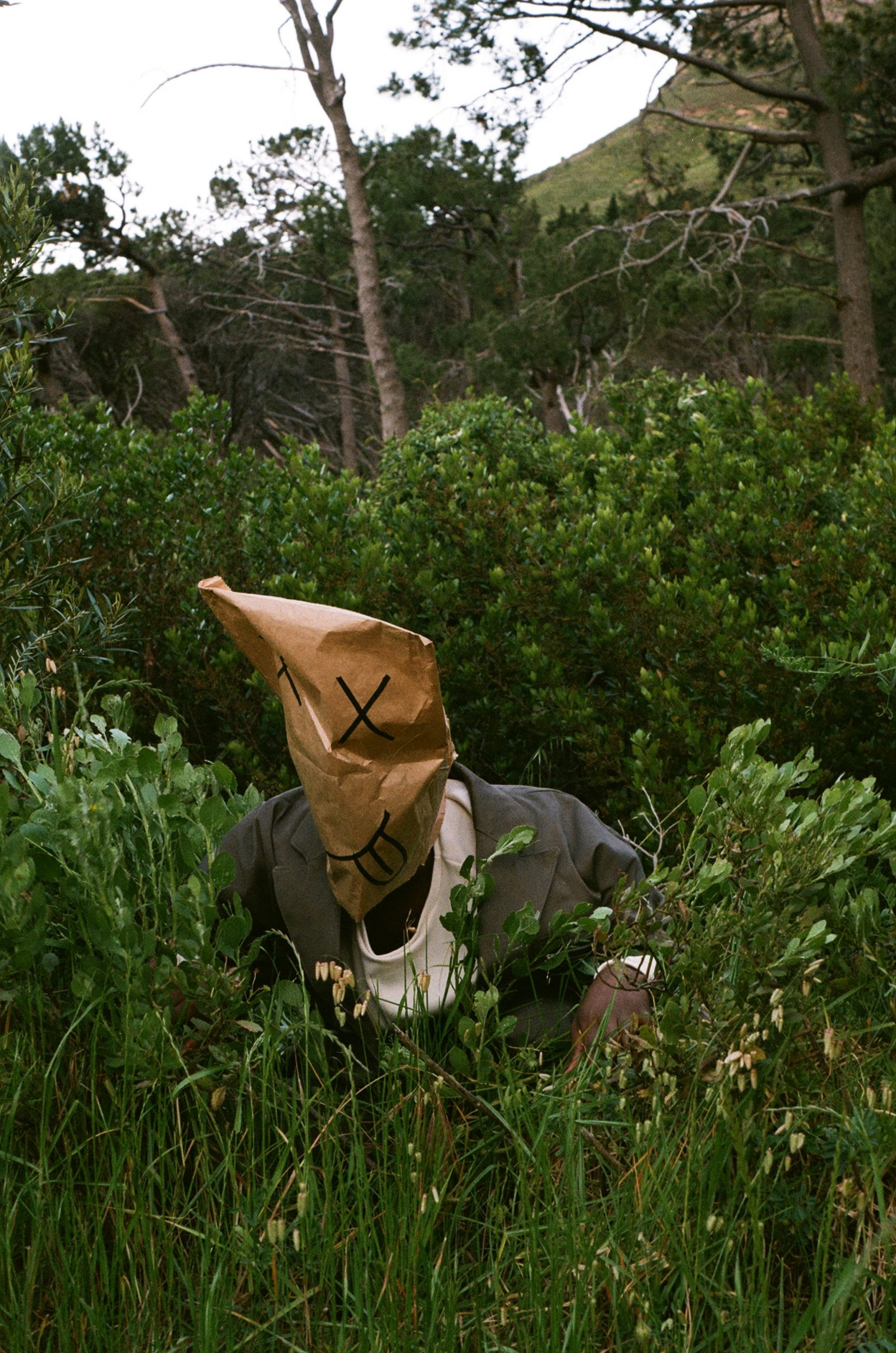The global south is on the rise in ways that the contemporary world best be prepared for. Within the context of fashion and sartorial imaginings; South Africa is exemplary in its translation of originality from ideas to visual executions. At Bubblegum Club, we have the immense privilege of staying firmly in tune with the innovations taking place that intend to nurture and hold space for the possibilities of our fashion scene to unfold — and Odwa Zamane’s Front Row Media (FRM) is no exception to this. While drawing on international influences of zine bibles such as Dazed and iD Magazine, Zamane and his co-creative directors Wesley More and Katleho Modiko, are in the process of establishing a purely home grown fashion creative agency; for the nourishment of the stylistic expressions of South Africa’s blooming creative generation.
The necessity of developing our own centres and structures around creative output are crucial for maintaining the autonomy of development, while upholding the integrity of creating a cohesive fashion community. One which we can all be “a part of”. Exclusionary, competitive ideals belong in the western, capitalist iterations of the fashion industry — and this conversation with Odwa proves the immense attention to detail that is currently driving our own industry’s growth and evolution beyond those toxic, destructive ideals. Front Row Media is a seriously exciting space—one that I feel privileged to share with the Bubblegum Club community—as co-creation is this generations key to an equitable, fulfilling existence.
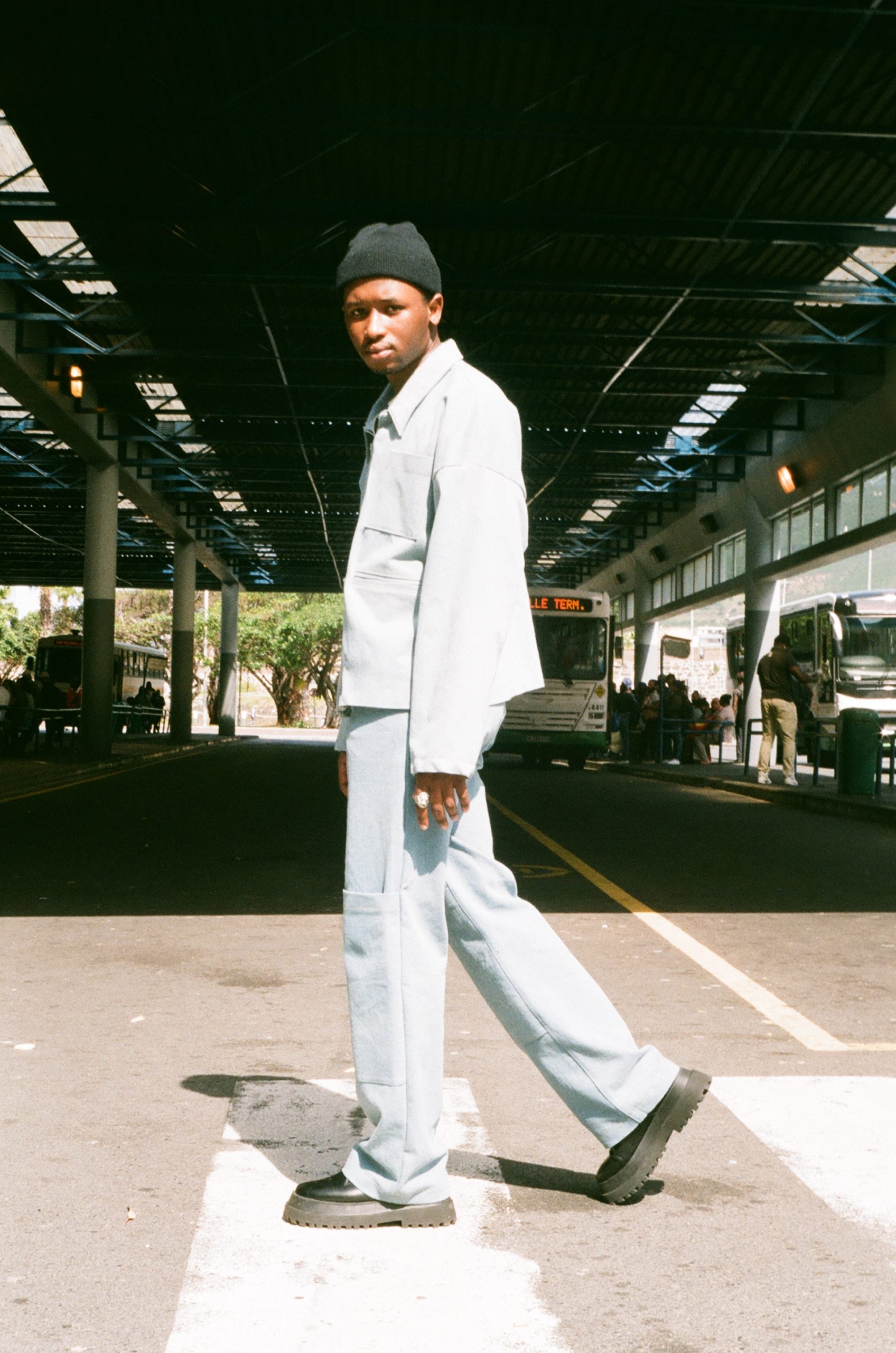
What drove you, Wesley and Katleho to form Front Row Media; I believe the idea was seeded during your day at university?
For The Kids is actually where it all began, back in our university days in 2016. This was a creative brotherhood, which was rooted within similar interests such as music, fashion and art. We basically saw a gap within the local market — this gap being, providing photography and videography services to a student audience. We were utilising our shared creative interests in order to express ourselves and essentially navigate student life through cultivating community through creativity. The impact which For The Kids had on us was tremendous. From understanding fundamental business concepts, right through to connecting with larger student communities through parties which we hosted — For The Kids was the perfect plateau for our personal growth.
As three best friends working on a creative project together—you can also imagine how much our friendship was tested—and after a forced hiatus of three years (due to individual life decisions), we managed to reunite and form FRONT ROW MEDIA. Our current venture; FRONT ROW MEDIA, was conceptualized and registered in March 2020 by our Founder and Director, Odwa Zamane. This was an idea born out of frustration at the current landscape of South African fashion media — specifically its infatuation with the West (i.e. “luxury”). We strongly believed that fashion wouldn’t continue for much longer within that same vain and eventually, the pendulum would swing in favour of African fashion. Once the vision became clear enough to pursue, Wesley More and Katleho Modiko joined the team as co-Creative Directors, moved down to Cape Town — and I guess the rest is history.
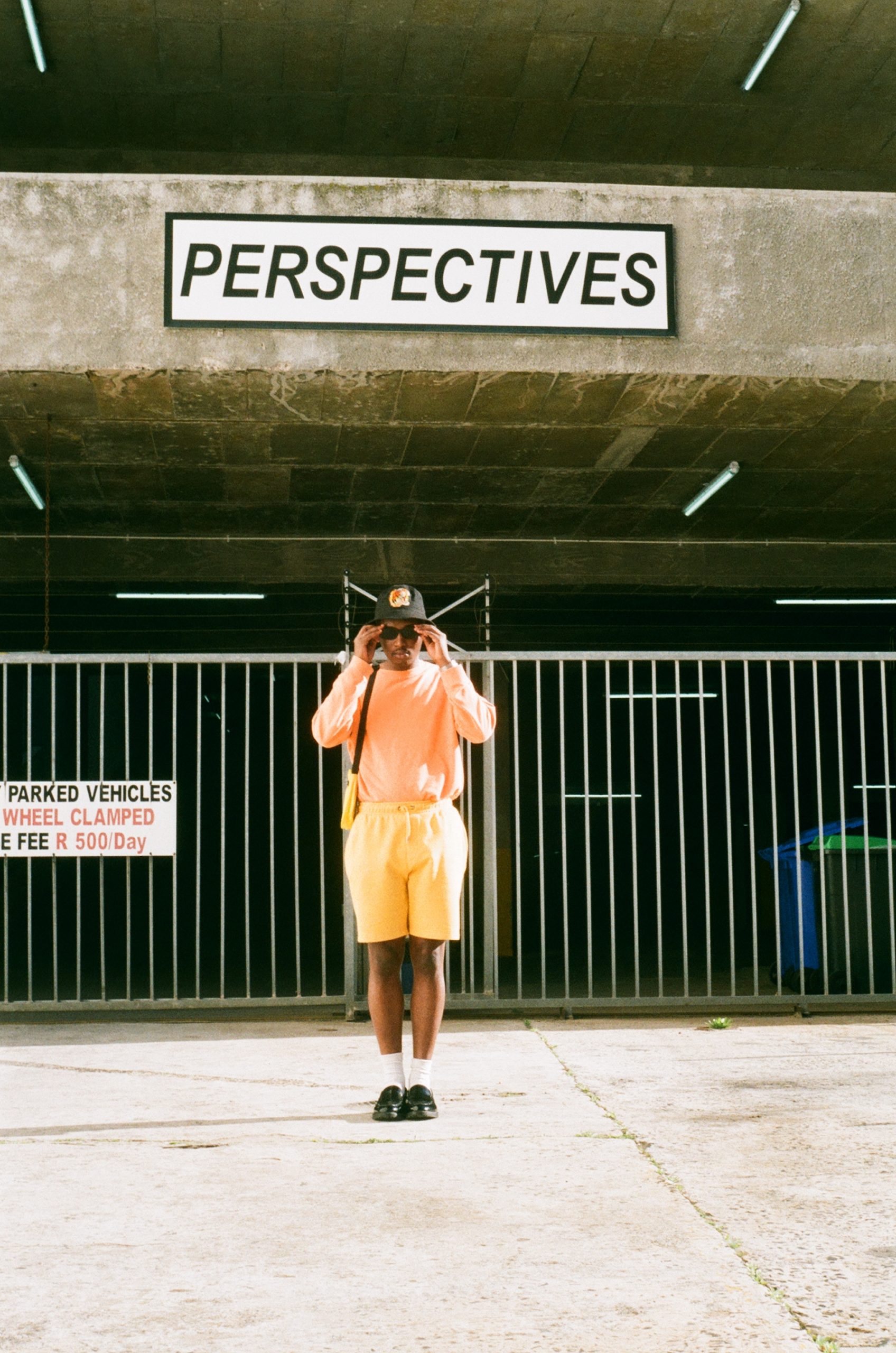
I am fascinated by any endeavour to define regional fashion beyond hemispherical dictation—such as the one we have been subjected to following the trends of the Global North—which has tried to lead our aesthetic manifestation and production value. What values do FRM see in establishing its own independent space within the South African context?
To be quite frank with you, it fascinates us too — which is exactly why we went ahead and did it! As a creative unit, we were initially fascinated by Westernised fashion ideologies and understanding their propositions as the blueprint for the global fashion industry. Since we are such a diverse team, with individuals who offer a wide variety of skillsets, we naturally pool together all of our creative influences and work from that. So, international publications such as British Vogue, Vogue Italia, Dazed & Confused Magazine, i-D, Business of Fashion and many more, largely informed us of the blueprint to fashion media. Once we understood these Westernised ideologies, we were able to apply them within an African context.
However, understanding this global fashion blueprint also informed us of the negative aspects of such a capitalistic fashion system — one which is primarily driven by unsustainable fashion practices, largely imposed due to the fast-fashion phenomenon. This further re-enforced our decision to focus on local fashion which, upon further research, we found inherently promotes various aspects of sustainable slow-fashion. As FRONT ROW MEDIA, we aim to create an independent online fashion platform which can become the global reference point for modern day South African fashion. This is to ensure that African youth talent within our fashion industry is provided with a platform to explain their brand’s narrative — with an ultimate goal of engaging directly with local and international fashion audiences.
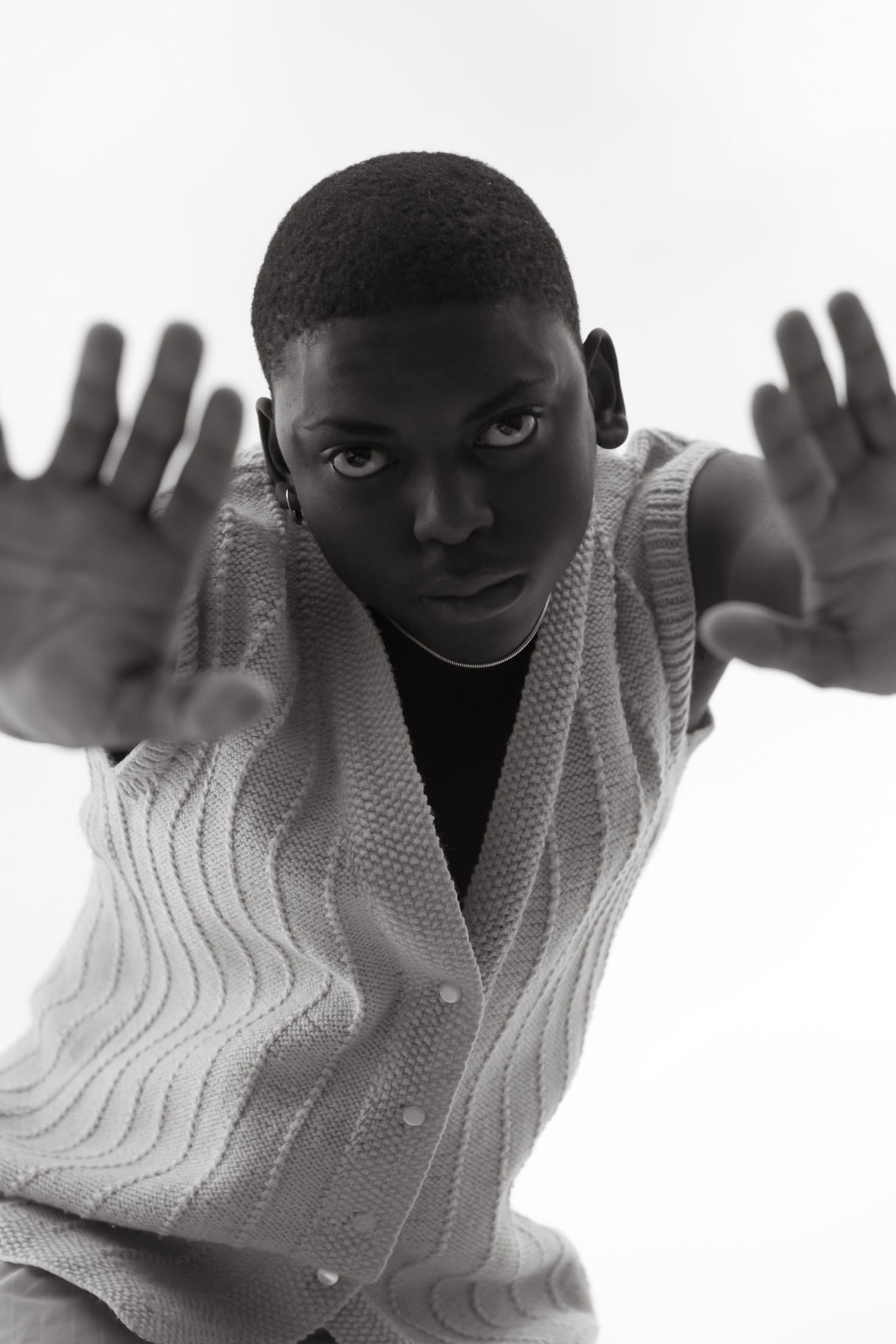
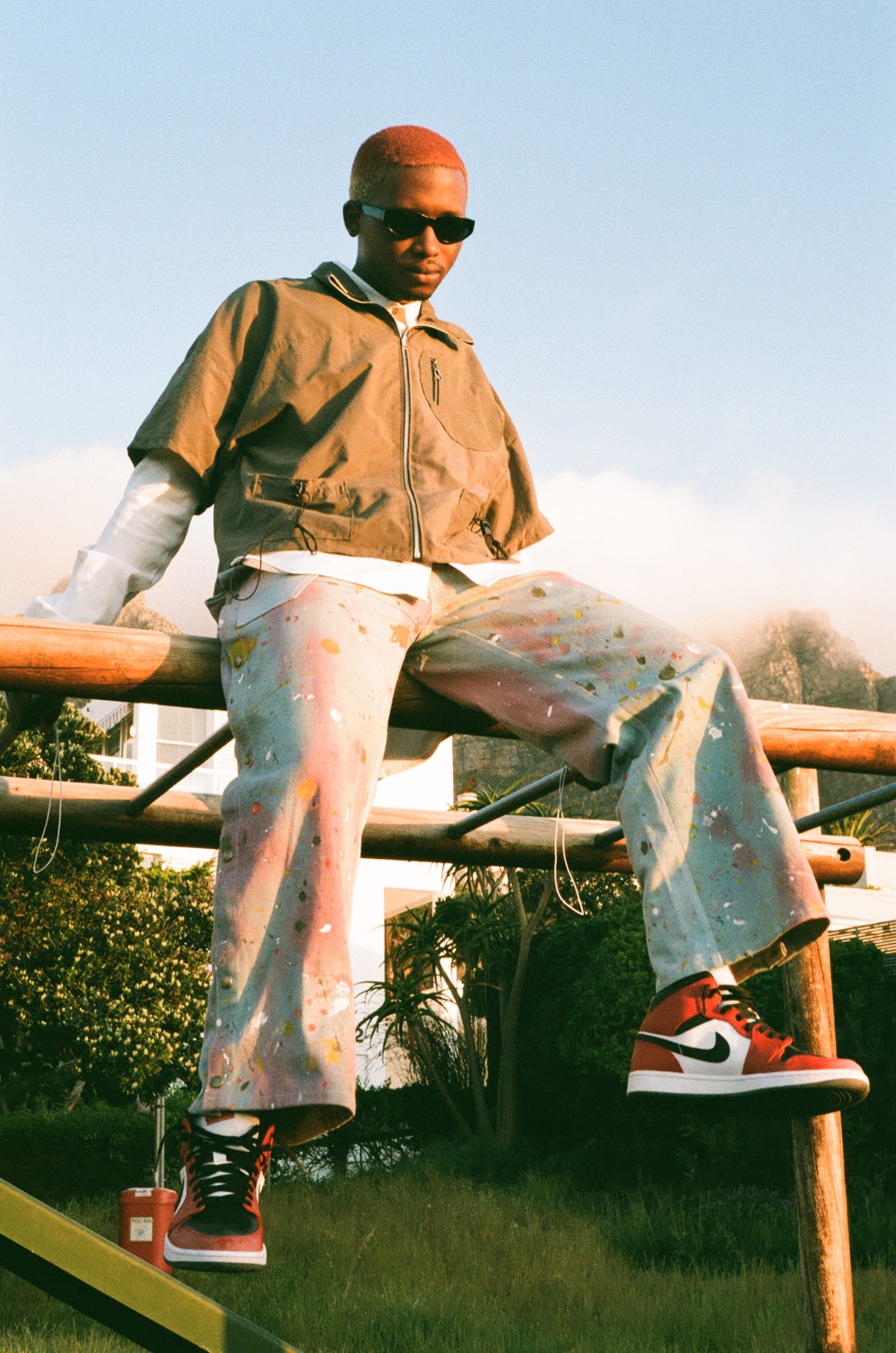
What are some of the ways you see fashion in South Africa becoming an expansive and resource driven community?
South Africa is an interesting country, whereby we suffer from stubborn structural issues such as excessively high youth unemployment, stagnant GDP and exorbitant amounts of government corruption. This is precisely why it becomes even more integral that the local fashion industry acts as a contributing sector towards positive GDP for South Africa’s economy. This can be achieved through an increase in local garment manufacturing (i.e. fashion supply) from local fashion brands, combined with an increase in demand for locally manufactured garments (i.e. fashion demand) from fashion consumers. This is why it becomes integral that local fashion consumers understand what they are purchasing and where it actually comes from. Brands like Artclub and Friends adhere to a fully local fashion supply chain — which loosely means that the more that you purchase from them, the more money you are releasing and directing towards our South African economy. Most African fashion manufacturers (South Africa included) rely heavily on the skillset of local artisans and this is hugely beneficial as it promotes the process of collaboration and encourages community amongst micro-communities within the local industry.
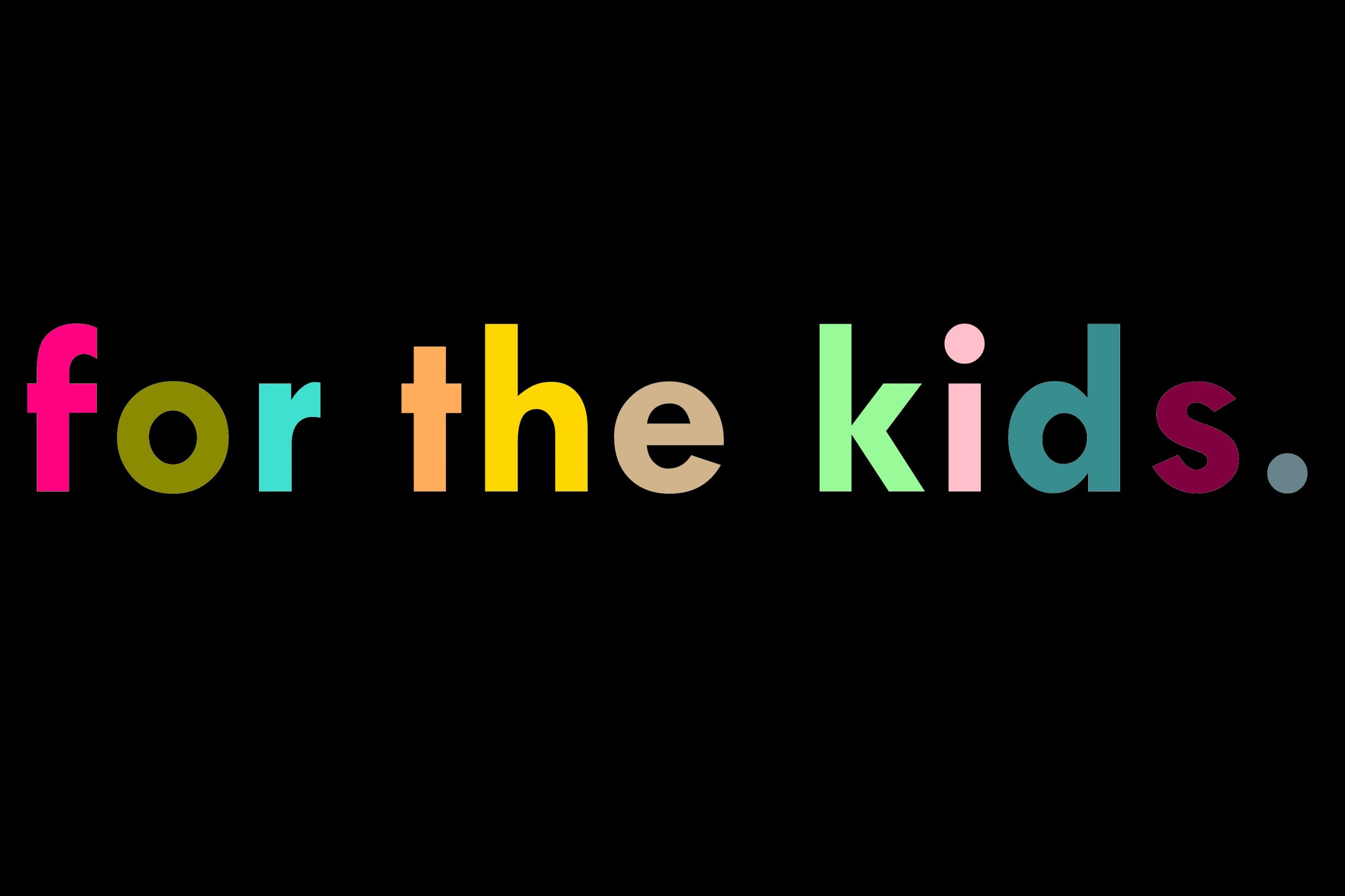
Who are some of the sartorial influences that urged you to create FRM? From local designers, to stylists and creative directors?
With FRONT ROW MEDIA, we pulled our sartorial influences from so many different art genres and decades. Zooming into some of these sartorial influences locally, they include a wide range of fashion creatives around the country. From a fashion styling perspective, Boogy Maboi and Bee Diamondhead have always been massive influences to us, with their adventurous, bold and colourful approaches to fashion styling and creative direction. Music has undeniably played a massive part in the ideation process of FRONT ROW MEDIA and certain local music/fashion movements have moulded the DNA of our brand which exists today. Joburg has always been an exciting city for us—and the Boyz’n’Bucks movement (in Braam) which occurred from back in 2012-ish—definitely inspired our approach with FRM. From a photography perspective, the earlier work which The Sartists were pushing back around the same time, was also quite inspiring for us to witness. From a local fashion brand aspect, the Corner Store here in Cape Town, housed a couple of the streetwear brands which we found as exciting, such as Sol-Sol and 2Bop. Independent, Black-owned fashion brands such as Maxhosa, and Rich Mnisi, also contributed positively from an influence perspective.
One of the main issues which continues to plague local fashion creatives is access to funding; [both] government [and] private. There is a lack of financial support from the government to local fashion designers, creatives, and local fashion SME’s. With youth unemployment sitting at close to 60%, researchers have also noted that most fashion creatives struggle in their early years, living hand-to-mouth while developing their independent brands and crafts (Twyg, 2020). This is the underlying reason why the online fashion media platform was established – so that local independent fashion brands have a centralised platform on which they are able to fully express their brands narrative, as well as connect with local and international audiences. This is through a wide variety of fashion content, such as exclusive feature interviews and articles through the FRM Blog and Podcast. The aim is for this fashion content to translate a message directly to all prospective consumers the world over. On the other hand of the creative agency, we aim to offer local fashion brands and other fashion institutions creative solutions through our photography, videography, marketing, advertising and fashion consulting services. By virtue of us being a 360- degree creative agency, it means that we are flexible enough to work off of a brief, and provide contextual solutions to a wide variety of creative problems. We foresee this becoming a necessity within any creative business going forward.
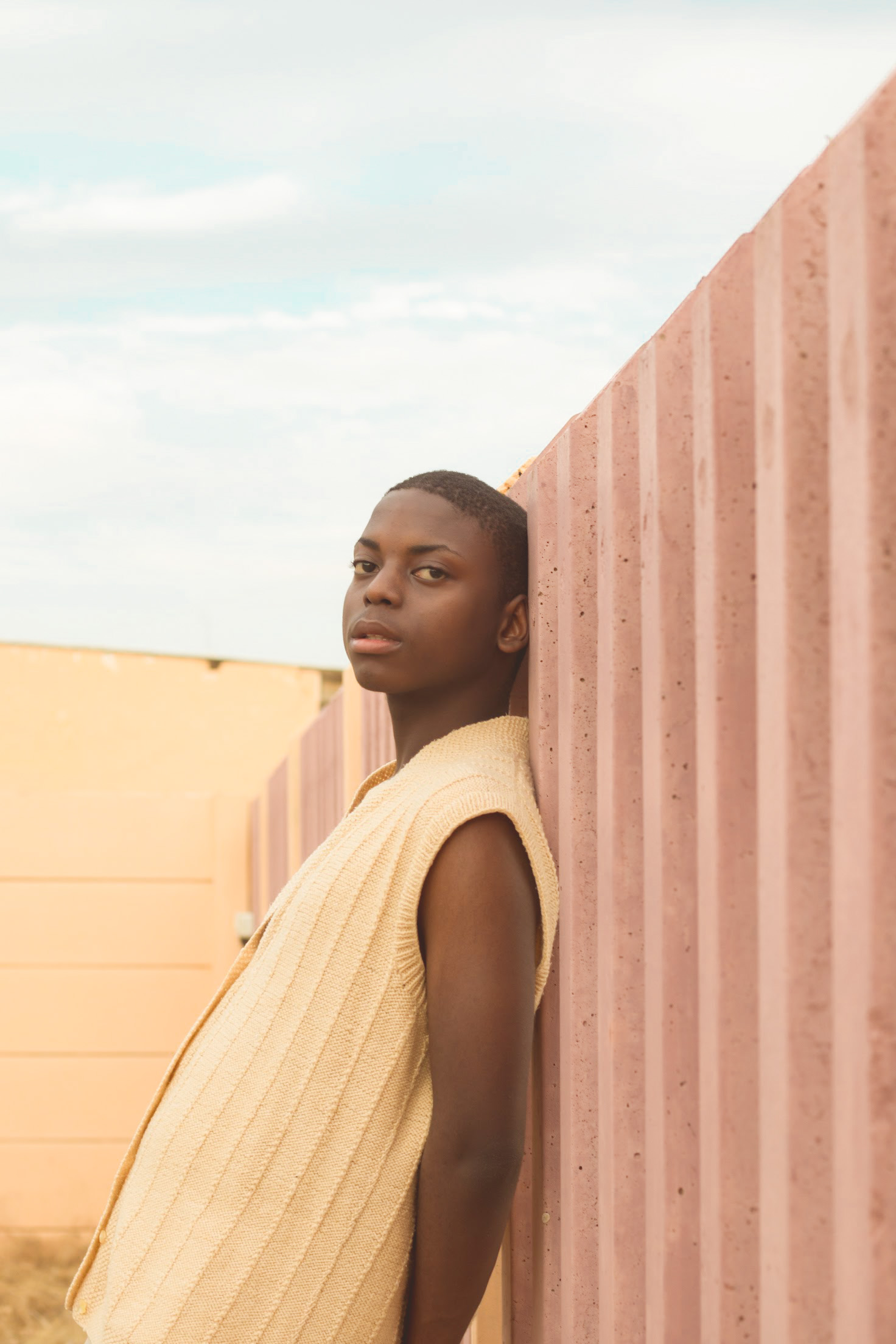
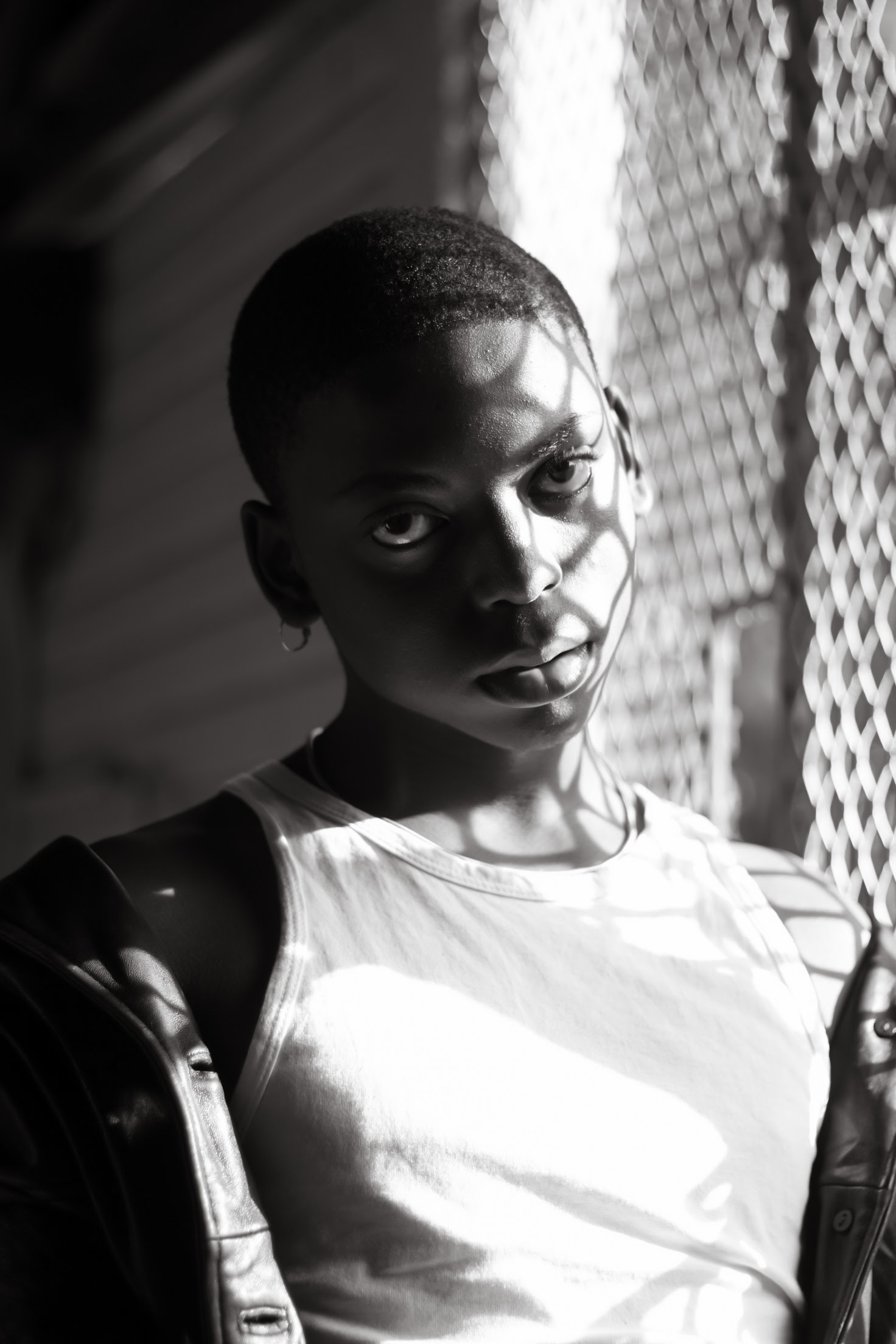
What do you see fashion creatives and entrepreneurs needing in order to create awareness and abundance around their work and how can FRM assist with these solutions?
When it comes to FRONT ROW MEDIA, our initial setup at the beginning of 2020 (geographically) was scattered all over the country. Wesley was in Vryburg (North West), Katleho was in Kroonstad (Free State) and Odwa was in Cape Town (Western Cape). Therefore, much of the work which we managed to complete as a team last year, was conducted remotely. This includes milestones such as the launch of our website as well as the release of our first two podcast episodes on our YouTube channel. The imposition of a nationwide lockdown had an oddly positive effect on FRM and business productivity. We felt as if we had the time to conduct the necessary planning and organising required in order to push the business forward in 2021. Lockdown restrictions, fashion shows going virtual and the cancelation of many fashion social events has slightly negatively impacted us — and the ease in which we are able to report on fashion shows, or even mingle with potential industry collaborators. Nonetheless, there is also a large upside to fashion essentially going virtual and that is the reduction of barriers to entry, as well as making information more accessible to a much larger audience.
It would be disingenuous not to mention that impact that COVID19 has had on launching the space — especially with lockdown restrictions, fashion show cancellations etc. How have you seen this time through?
Current youth-led and youth-empowered movements emanating from developing African countries such as Nigeria, restore our faith and hope for the youth of South Africa. Seeing unemployment through personal friends and family violently reminded us that entrepreneurship will always be the answer. The looting of COVID-19 funds allocated to young Black artists by government, during a pandemic which already impacts our sources of income, further reminded us that the answer needs to come from young people themselves.
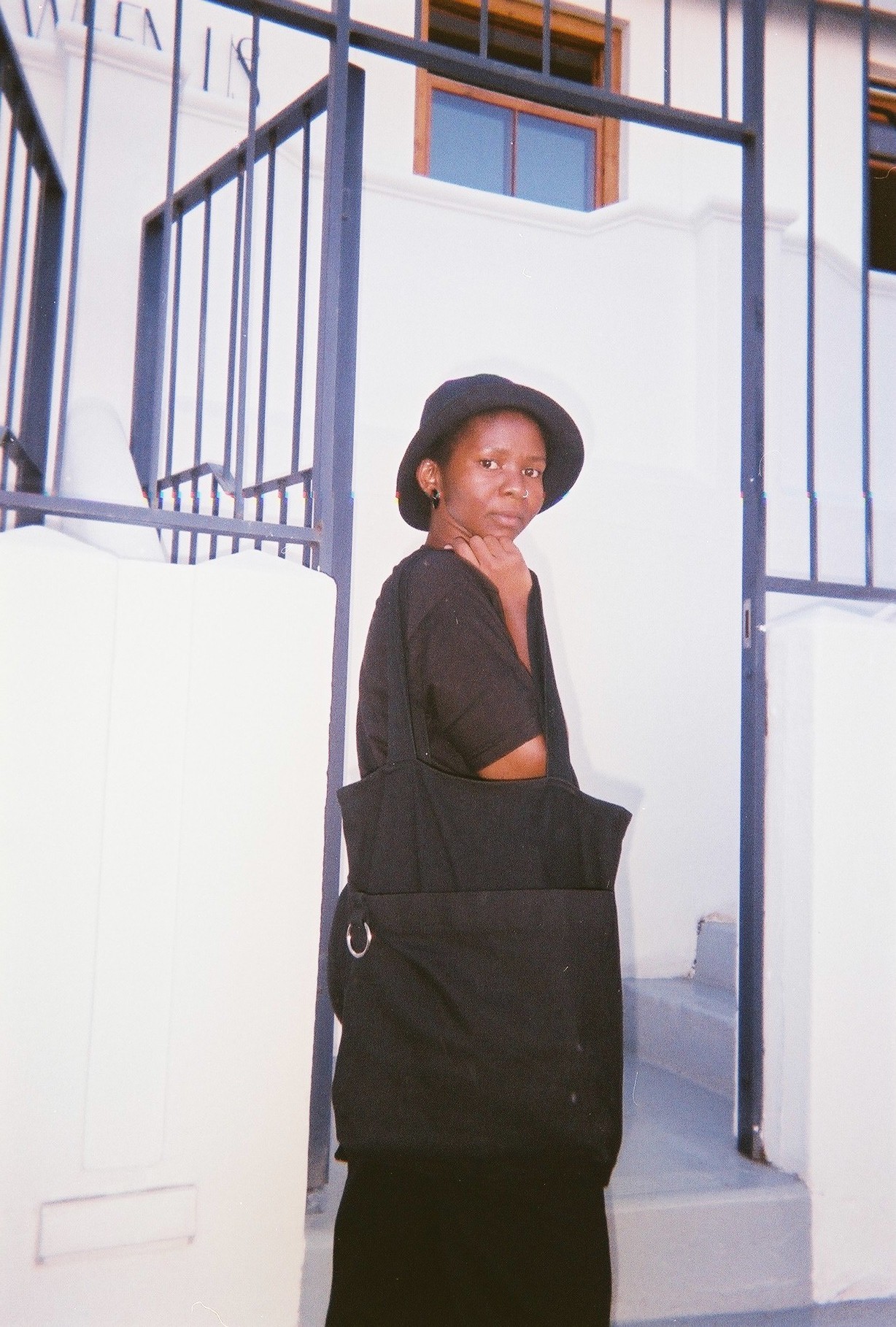
What is your hope and vision for Front Row Media in the future?
FRONT ROW MEDIA is our answer to youth unemployment among Black creatives within the local fashion media industry. We aim to use creativity as a tool in which we can change our circumstances as young struggling artists — lockdown has acted as a clear reminder that the government will not assist us in doing so. Therefore, we need to use the creative skills at our disposal in order to create sustainable futures for ourselves. As a business, we have already committed to enlisting and working with young freelancers only, for all services which we cannot fulfil. Additionally—once the business generates more revenue and scales—then we hope to hire more and more young creatives who understand and resonate with our vision and mission. As for our contribution towards the South African fashion industry, we have a clear commitment towards the growth and betterment of local fashion designers and local fashion creatives. As the website states:
We aim to create an independent online fashion platform which can become the global reference point for modern-day South African fashion. This is to ensure that African youth talent within our fashion industry are provided with a platform to explain their brands narrative, with an ultimate goal of engaging directly with local and international fashion audiences.
